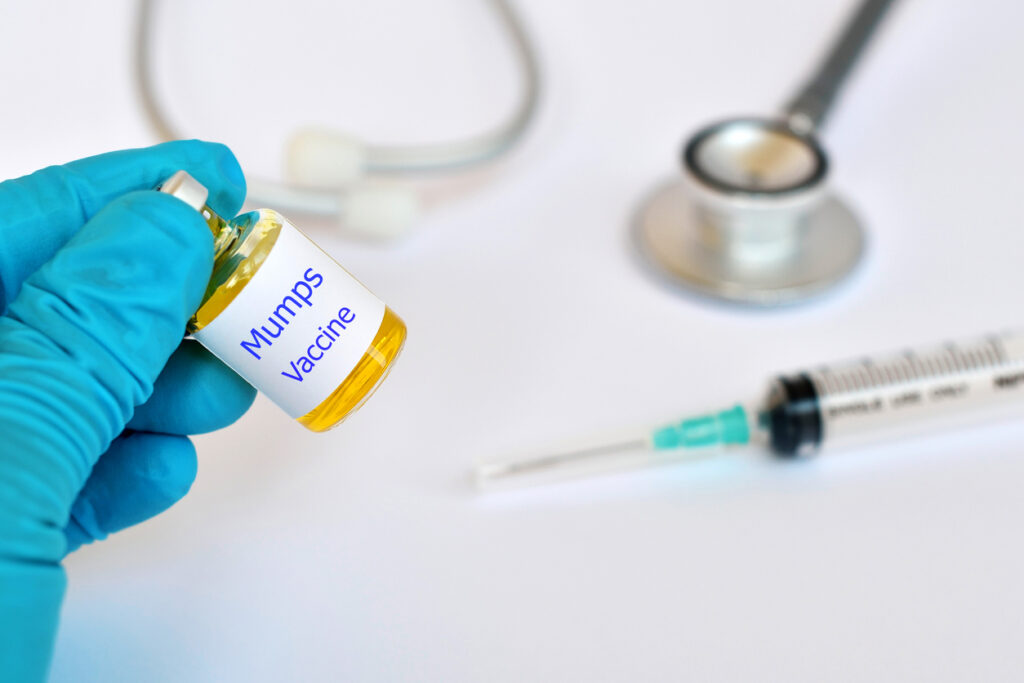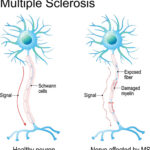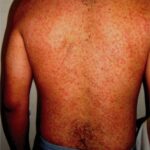Mumps is a contagious viral infection that primarily affects the salivary glands. The introduction of the mumps vaccine has significantly reduced its prevalence worldwide. This article provides a detailed overview of the mumps vaccination, including its effectiveness, recommended schedule, side effects, and global immunization strategies.

Understanding Mumps
Mumps is caused by the mumps virus, a member of the paramyxovirus family. It spreads through respiratory droplets and direct contact with an infected person. The most recognizable symptom is painful swelling of the salivary glands, often accompanied by fever, headache, and fatigue. In severe cases, mumps can lead to complications such as meningitis, orchitis, and deafness.
Mumps Vaccination: Types and Effectiveness
The most widely used mumps vaccine is part of the combined Measles, Mumps, and Rubella (MMR) vaccine. Some regions also offer an MMRV vaccine, which includes protection against varicella (chickenpox).
Vaccine Effectiveness
- A single dose of the MMR vaccine is about 78% effective against mumps.
- Two doses increase the effectiveness to approximately 88%.
- Immunity is long-lasting but may wane over time, necessitating booster doses in outbreak situations.
Recommended Vaccination Schedule
The Centers for Disease Control and Prevention (CDC) and the World Health Organization (WHO) recommend the following vaccination schedule:
- First dose: 12–15 months of age
- Second dose: 4–6 years of age
- Booster doses: May be recommended during outbreaks
Side Effects and Safety
Mumps vaccines are generally safe and well-tolerated. Common side effects include:
- Mild fever
- Rash
- Temporary joint pain
- Swelling at the injection site
Serious adverse reactions are rare, and the benefits of vaccination far outweigh the risks.
Global Vaccination Coverage
Mumps vaccination programs vary by country. High-income nations have near-universal coverage, while some developing regions face challenges due to limited healthcare access and vaccine hesitancy.
The Role of Vaccination in Outbreak Control
Periodic mumps outbreaks still occur, particularly in densely populated settings such as schools and universities. These outbreaks often affect individuals who have received only one dose or whose immunity has waned over time.
Addressing Vaccine Hesitancy
Misinformation about vaccines contributes to hesitancy, reducing immunization rates and increasing the risk of outbreaks. Public health campaigns play a crucial role in educating communities and promoting vaccination.
Mumps vaccination remains a vital public health measure, preventing severe complications and reducing the spread of the virus. Ensuring high vaccination coverage is essential to maintaining herd immunity and protecting vulnerable populations.

